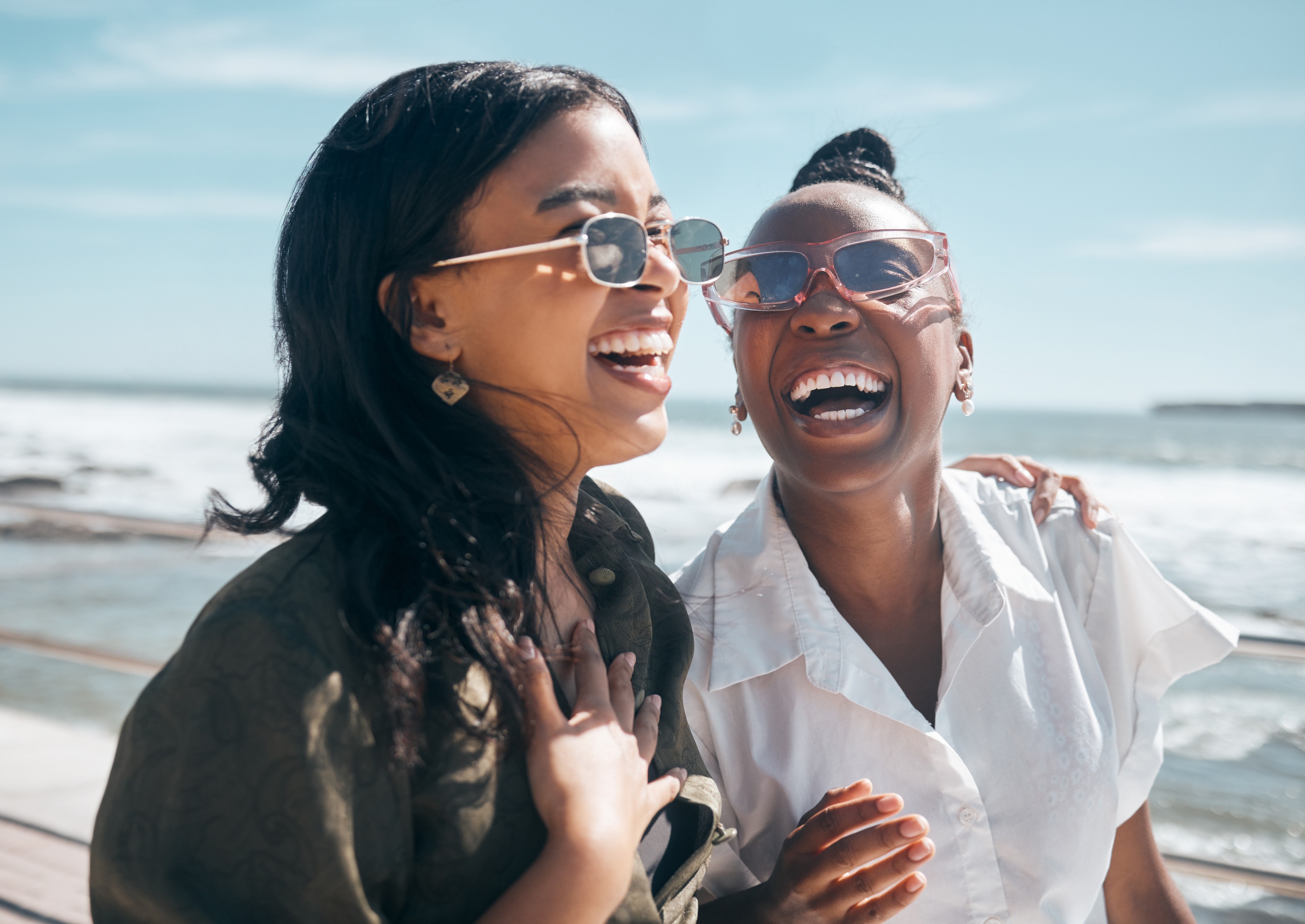Why You Need Contact Lens with UV Protection
26th Jan 2024

Ultraviolet (UV) light, more common in our environment than many of us realise, can be quite harmful to both our skin and eyes. Just like how we can get too much sun on our skin, our eyes are also at risk from natural sunlight and artificial UV sources, which can lead to eye diseases such as cataracts.
Just as we slather on sunscreen to protect our skin, it's becoming increasingly important to use UV-blocking contact lenses to shield our eyes.
What exactly are UV-blocking contact lenses?
UV-blocking contact lenses block harmful ultraviolet rays, and UVA rays, though less intense, can penetrate deep into your eyes and potentially cause damage to your retina. UVB rays, the more intense of the two, primarily affect the surface of your eye. UV-blocking lenses absorb these rays, adding an extra layer of protection for your eyes.
Why consider using UV-blocking contact lenses?
The biggest reason to use these lenses is to protect your eyes from UV radiation. This keeps your eyes healthier in the long run and reduces the risk of conditions like cataracts and photokeratitis, a sunburn on the eye. They're a preferable choice and handy for those who prefer contacts to sunglasses when they're out and about.
Which contact lenses offer the best UV protection?
Acuvue Oasys HydraLuxe: These have the highest UV protection on the market for UV protection, blocking at least 97% of UVB and 82% of UVA rays. They're a fantastic choice for those who love the great outdoors but still want comfortable lenses that last all day.
Bausch & Lomb's ULTRA: The ULTRA One Day lenses from B&L block up to 95% of UVB and 50% of UVA rays. They're designed to keep your eyes moist and comfy all day long. It’s infused with ComfortFeel Technology, which is suitable for people who suffer from dry eyes.
Is it the best alternative to sunglasses?
While UV-blocking contact lenses help protect your eyes, they don't cover every part of your eye, like the whites or eyelids. It is best to pair them with sunglasses and a wide-brim hat if you have one. And as always, consulting your optometrist is the best way to find out what works best for your eyes.
References:
- https://www.youtube.com/watch?v=x3gHDr6e4HU
- https://www.acuvue.com.au/why-contact-lenses/uv-blocking-benefits
- https://share.upmc.com/2014/07/difference-between-uva-uvb-uvc